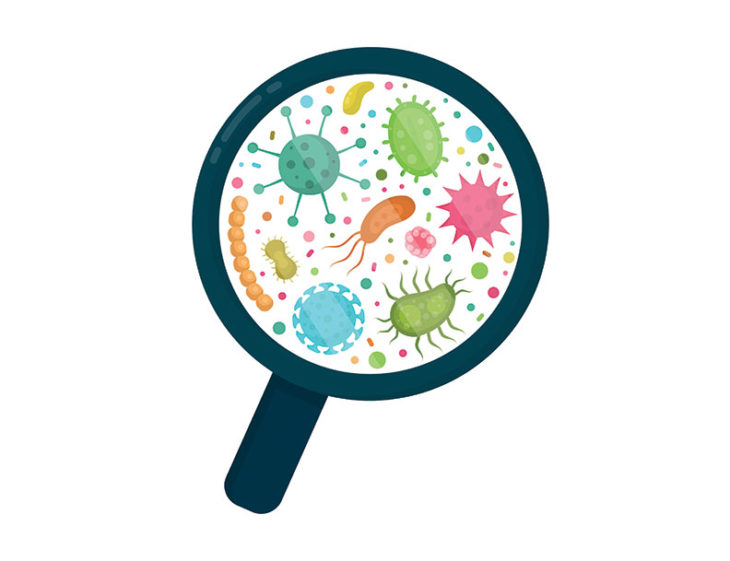The human body is host to around 100 trillion microbes (bacteria, fungi, viruses and other single-cell organisms). The biggest population of these microbes reside in our gut, weighing in at around 4 pounds. This microbiome has profound effects on our health, so much so that it has been referred to as our ‘hidden organ.” It influences the risk of numerous diseases to include cancer, autoimmune disease, heart disease and many others.
As it turns out, there are good and not-so-good microbiota. The good news is that we have a lot of control over whether we have a good or not-so-good microbiome. Adequate sleep, vitamin D or sunlight exposure (15 minutes unprotected per day will suffice, but never burn!) and regular exercise all help to promote a healthy microbiome. Antibiotic use has a negative effect, so we should use antibiotics judiciously and only when clinically necessary.
Diet has been found to have a profound effect, so let’s talk about that a bit more.
Did you know that Africans have one of the lowest rates of colon cancer in the world, but African Americans have one of the highest? Why is that if they are very similar genetically? Strong evidence suggests it is due to the difference in their diets. Africans have a diet high in plant-based foods and low in processed foods. African Americans often have a westernized diet that is high in red meat and processed foods and low in fruits and vegetables.
Plant-based foods contain a substance we cannot digest, which is fiber. We have known for a long time that fiber is important to colon health, but we did not know exactly why. As it turns out, fiber is food for the bacteria in our colon. When the bacteria feed on fiber, they produce a substance called butyrate. Butyrate keeps our colon healthy and protects it from cancer.
Our bodies can’t produce butyrate, but our bacteria can. If we eat enough fiber, we maintain a healthy population of good bacteria, which in turn produce butyrate, keeping our colon healthy and preventing colon cancer and other diseases.
The less fiber you eat, the more bad bacteria you will have in your gut — bad bacteria that produce toxic substances and increase the risk of cancer and other diseases. Diets high in red muheat and animal fats support a toxic microbiome and should be limited. When consumed, it is best to do with fruits and vegetables, as this has been shown to offset the many of the negative effects on the microbiome.
Remember, you are not just eating for you. You are eating for the trillions of microbes that inhabit you. Feed them well to keep you well!
Dr. Tuli is a hematologist-oncologist practicing with The Medical Oncology Group – Memorial Physician Clinics. She can be contacted at (228)-575-1234.



